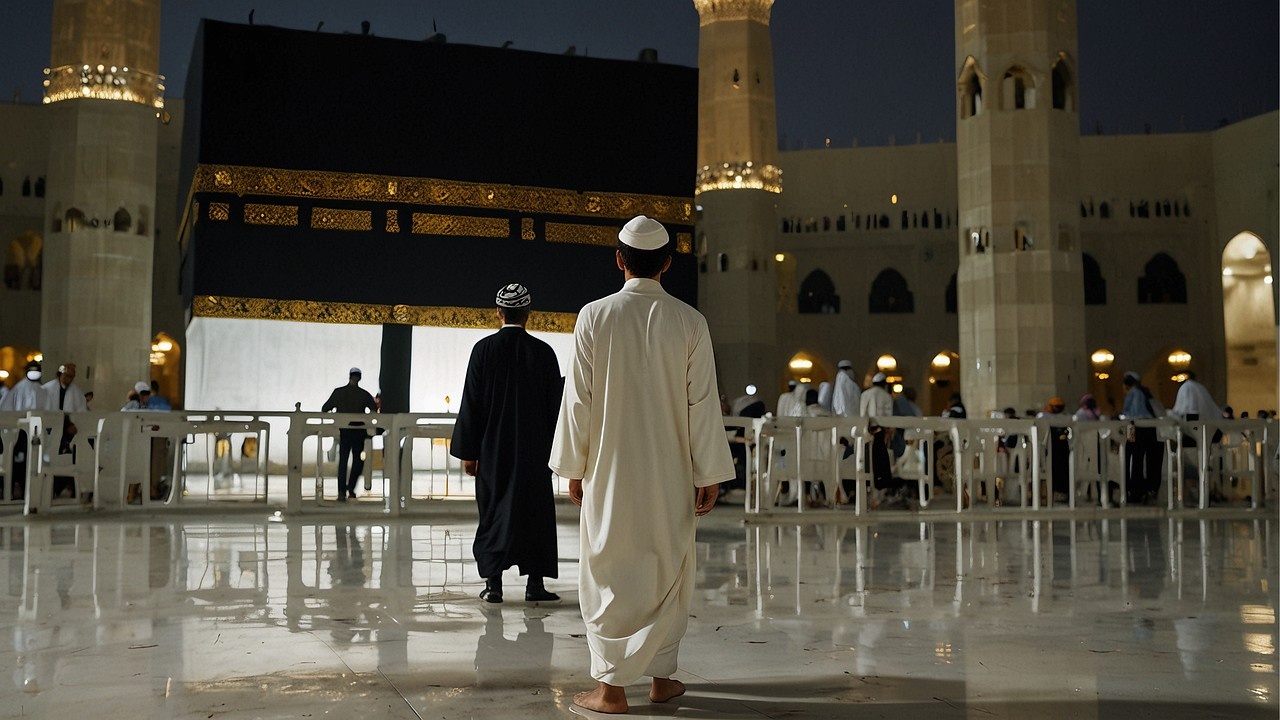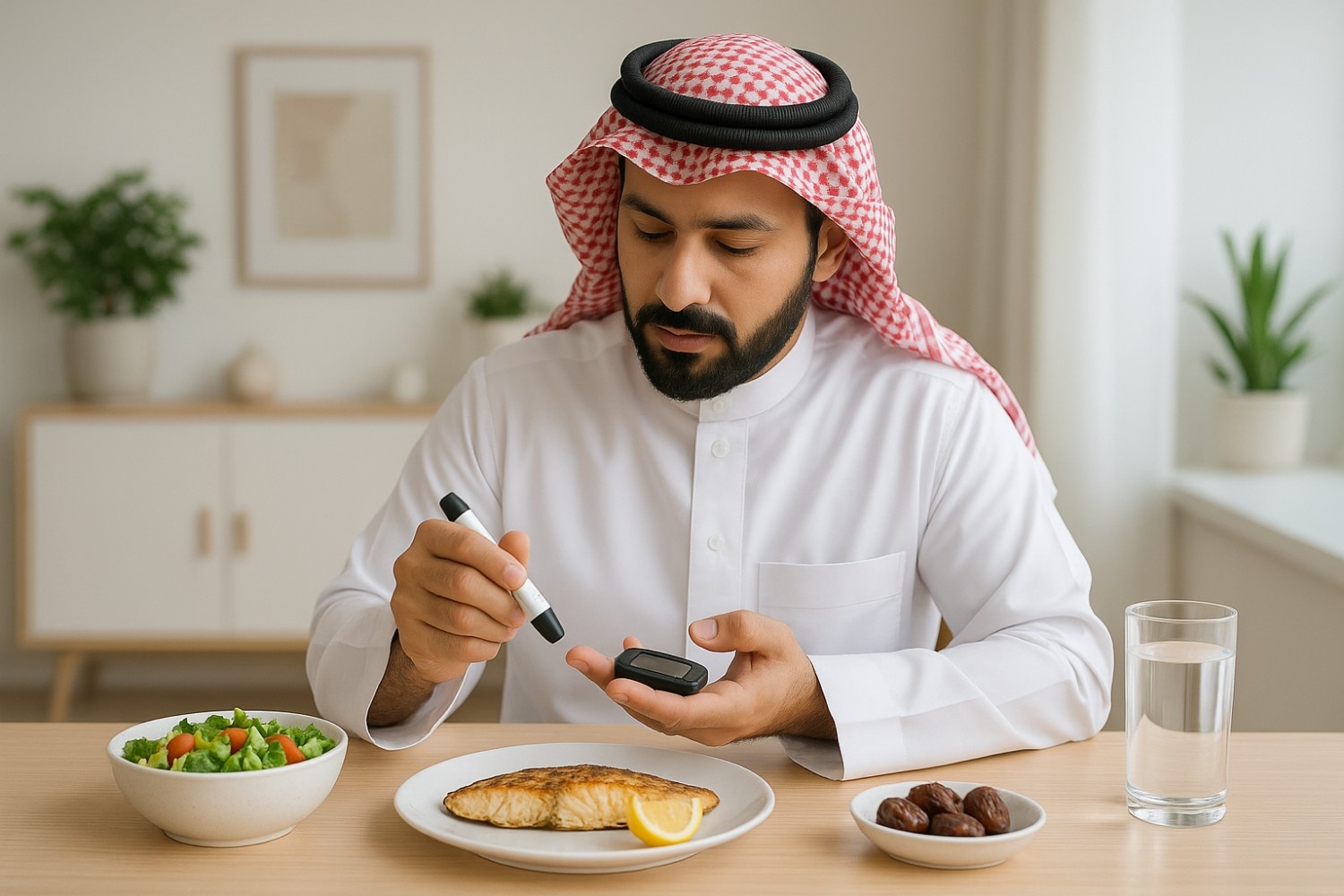Heart health issues are a major concern for people living in Saudi Arabia and around the world. Heart diseases are the major cause of death in the Kingdom, affecting the lives of many families. This article dives into the most common heart problems, what causes them, how to spot them, and simple ways to keep your heart strong. Let’s explore how you can protect your heart and live a healthier life.
Which Heart Health Issues Affect Saudis Most?
Several heart conditions are common among Saudi residents. These issues stem from lifestyle choices, health conditions, and sometimes family history. Here’s a look at the biggest culprits:
- Blocked Heart Arteries: This happens when fatty deposits clog the arteries that feed your heart. It’s a leading heart health issue, affecting roughly one in 20 adults.
- High Blood Pressure: More than half of Saudis have high blood pressure or are close to it. This forces the heart to work harder, raising the risk of serious problems.
- Weak Heart Muscle: When the heart struggles to pump blood properly, it can lead to tiredness and breathing problems. This condition is becoming more common.
- Reduced Heart Blood Flow: Limited blood flow to the heart can cause chest pain and is especially dangerous for older adults.
- Early Heart Problems: Younger people, especially those under 45, are seeing heart issues due to smoking and poor diet. About one in 10 heart attacks happens in this age group.
What’s Causing These Heart Health Issues?
Heart issues don’t just happen, they are often the result of daily habits, health challenges, and cultural factors. Knowing the causes can help you make smarter choices.
Everyday Habits That Hurt Your Heart
The way many Saudis live today can harm their hearts. Here are some key habits to watch out for:
- Sitting Too Much: Nearly seven out of 10 Saudis don’t get enough exercise. This can lead to weight gain and heart strain.
- Eating Unhealthy Foods: Fast food, sugary snacks, and fatty meals have become common in the Kingdom, replacing healthier traditional foods like dates and whole grains.
- Smoking: Cigarettes are popular, especially among younger people. Smoking damages blood vessels and speeds up heart problems.
- Stress: Busy lives, work pressure, and social changes can raise stress levels, which harm the heart over time.
Health Problems That Add Risk
Certain medical conditions make heart health issues more likely:
- Extra Weight: Over 70% of adults in Saudi Arabia carry extra weight, which puts pressure on the heart.
- High Blood Sugar: One in four Saudis has diabetes, which can damage blood vessels and lead to heart trouble.
- High Cholesterol: Unhealthy cholesterol levels affect more than a third of the population, clogging arteries.
Who’s Most at Risk?
Some groups face higher risks due to age, gender, or cultural practices:
- Older Adults: Heart issues spike after age 50, with more than one in 10 people over 65 affected.
- Men vs. Women: Men are slightly more likely to have heart problems, but women often face challenges like limited access to exercise spaces.
- Cultural Habits: Heavy meals during gatherings and less movement, especially for women, increase heart risks.
How Do You Know If You Have Heart Health Issues?
Spotting heart problems early can make a big difference. Look out for these warning signs:
- Tightness or pain in your chest
- Feeling out of breath, even during light activity
- Unusual tiredness or low energy
- Fast or uneven heartbeat
- Dizziness or feeling unsteady
If you notice any of these, talk to a doctor right away. Acting fast can prevent worse problems.
How Can You Prevent Heart Health Issues?
Good news, you can lower your risk of heart problems with small, practical changes. Here’s how to start:
Eat Foods That Love Your Heart
What you eat matters. Try these tips:
- Fill your plate with vegetables, fruits, and whole grains like brown rice.
- Cut back on fried foods, sweets, and sodas.
- Add heart-friendly foods like olive oil, fish, and nuts to your meals.
Get Moving Every Day
Exercise keeps your heart strong. Here’s how to make it fun:
- Walk for 30 minutes most days, try a park or mall.
- Join a local sports club or group workout class.
- If access to gyms is tough, try home workouts like dancing or stretching.
Stop Smoking for Good
Quitting smoking is one of the best things you can do:
- Stay away from cigarettes and water pipes.
- Ask your doctor about programs to help you quit.
Keep Stress in Check
Less stress means a happier heart:
- Take a few minutes each day to breathe deeply or relax.
- Spend time with family, friends, or hobbies you enjoy.
Check Your Health Regularly
Simple tests can catch problems early:
- Get your blood pressure and cholesterol checked yearly.
- Visit a health clinic for quick, affordable screenings.
What’s Being Done About Heart Health in Saudi Arabia?
The country is working hard to tackle heart health issues. Health campaigns teach people about risks like smoking and poor diet. Community programs encourage kids and adults to stay active. New guidelines also help doctors manage cholesterol and blood pressure better. These efforts are making a difference, but personal action is key.
Why Knowing About Heart Health Matters
Many Saudis don’t realize how their habits affect their hearts. Only about half recognize signs like shortness of breath as serious. By learning more, you can take steps to stay healthy and help others do the same. Sharing tips with family or joining community health events can spread the word.
Start Protecting Your Heart Today
Heart health issues don’t have to control your life. Small changes like eating a piece of fruit instead of chips, taking a daily walk, or checking your blood pressure, add up. Talk to your doctor, make a plan, and take one step at a time. Your heart is worth it. For more health awareness and lifestyle insights tailored to life in the Kingdom, stay connected with Know Saudi, your trusted source for wellness in Saudi Arabia.




